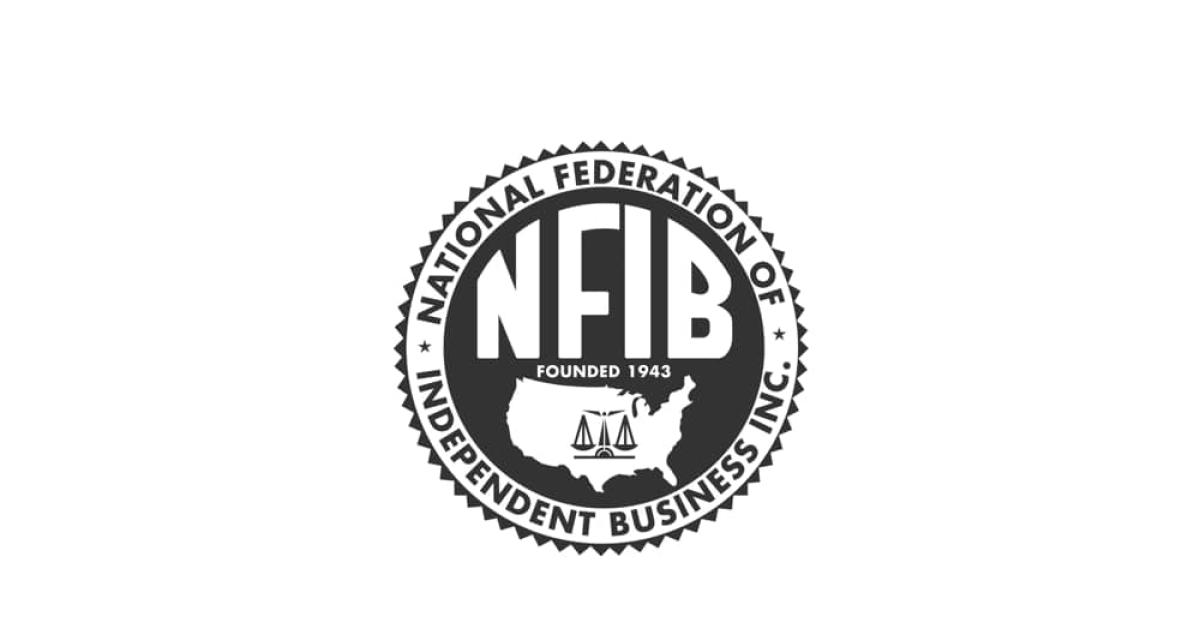WASHINGTON — The National Federation of Independent Business (NFIB) Research Center recently released its latest COVID-19 survey assessing the impact of the pandemic on small businesses. This survey — the 21st in the series — found that labor and supply issues are still a major pain point for small businesses.
“The COVID-19 pandemic, exacerbated by the recent surge in COVID cases, continues to disrupt small-business operations and sales,” says Holly Wade, Executive Director of NFIB’s Research Center. “Staffing shortages and supply chain disruptions also haven’t eased for small businesses despite owners’ attempts to raise compensation and adjust business operations to accommodate.”
The survey’s key findings included:
COVID-19 Surges
- The recent increase in COVID-19 cases, largely due to the omicron variant, has negatively impacted about two-thirds of small-business owners to varying degrees.
- Eleven percent of owners reported the surge in COVID-19 cases has had a significant impact on their business, with 23% reporting a moderate negative impact and 34% a mildly negative impact.
- Of those negatively impacted, 19% reported that the rise in cases has significantly impacted employee work attendance. Twenty-three percent say that it’s moderately impacting work attendance, and 34% report a mild impact.
Supply Chain Disruptions
- Nearly half (47%) of small-business owners reported supply chain disruptions had a significant impact on their business, with 27% reporting it having a moderate impact and 18% saying it had a mild impact. Eight percent reported the disruptions are not an issue for them.
- Forty-four percent of small-business owners who are experiencing disruptions say that the disruption is worse now than it was three months ago, a decline from 62% in late October.
- The vast majority (87%) of small-business owners anticipate that the supply chain disruptions impacting their business will continue for five months or more.
Staffing Shortages
- Almost a quarter (23%) of small-business employers are currently experiencing a significant staffing shortage, and 20% are experiencing a moderate staffing shortage.
- Of those employers currently experiencing a staffing shortage, 14% are experiencing significant loss of sales opportunities and 23% report a moderate loss of sales opportunities.
Business Adjustments
- The study found that small-business owners facing staffing shortages are making adjustments to attract applicants for open positions: 83% reported increased wages, 24% increased paid time off, 20% offered or enhanced hiring bonuses, 24% offered or enhanced referral bonuses, and 29% offered or enhanced health insurance benefits.
Prices
- Almost two-thirds (64%) of small-business owners have increased their average selling prices because of supply chain disruptions and/or increased compensation due to staffing shortages.
- Of those owners who raised prices, 41% have raised prices by 10% or more and 29% have raised prices between 5% and 9.9%.
COVID-19 Small Business Programs
- About one-third (31%) of small-business owners reported that they received a second-draw Paycheck Protection Program (PPP) loan in 2021.
- The vast majority of owners (84%) have applied for PPP loan forgiveness applications for their second PPP loan.
The survey was conducted from Dec. 30, 2021, to Jan. 4, 2022, with 710 responses collected.
Have a question or comment? E-mail our editor Dave Davis at [email protected].
